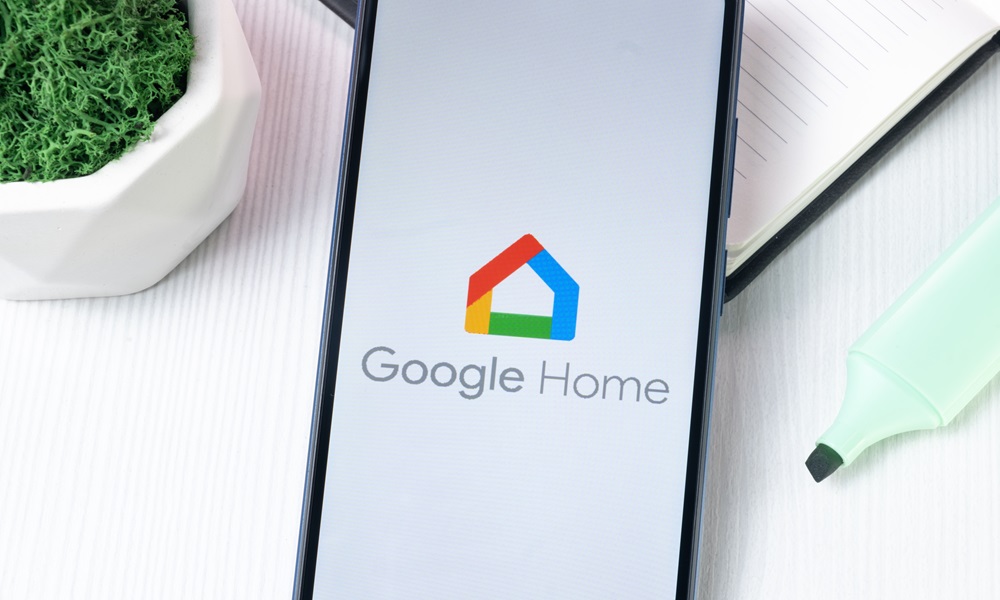Companies are beginning to integrate next generation AI models into smart home systems, with Google being the latest, as the big tech company is finally allowing Google Home users to control smart home devices with generative AI assistant Gemini.
Historically, Google Home users would use the less advanced Google Assistant to control smart home systems, but Google is making smart home control more intuitive and simpler by adding a Google Home extension to the Gemini app.
However, the update won’t immediately apply to all Google Home users, as the feature is being made available outside of public preview, but the release will be gradual.
How Google’s Gemini AI Can Be Used for Home Control
According to Google, users can use the Google Home extension in the Gemini mobile app to control devices such as lights, outlets, switches, HVAC systems, window coverings, TVs, audio systems, and other connected appliances. However, it currently does not allow control of security devices such as cameras and locks.
Gemini, which is largely similar to Microsoft Copilot, ChatGPT and other generative AI tools, will allow users to use more natural language to control smart home devices.
Users can talk to Gemini without making specific commands, Google says, providing examples such as asking Gemini to set the dining room for a romantic date, set the HVAC system to a good temperature for sleeping, telling Gemini that the sun is too bright in a certain room to close window coverings, and similar requests.
AI’s Growing Impact on the Smart Home
Generative AI tools are quickly becoming a part of the home, with more CEDIA-focused companies like Josh.ai, Nice and others creating their own advanced AI home assistants. Meanwhile, other CEDIA-focused home control platforms like Savant and Control4 integrate with Apple’s Siri, which itself is also expected to get a full generative AI makeover with the help of OpenAI’s ChatGPT. Amazon’s Alexa is also expected to get a generative AI boost, but when that will finally happen is unclear.
And, at CES 2025, LG and Samsung said they are bringing Microsoft Copilot to its TVs to act as an AI assistant in their respective smart TV interfaces.
As covered in CE Pro’s annual series of predictions for the custom home technology market, AI is also making a big impact in the home security market, providing advanced video analytics that can identify people, faces, vehicles, and potential threats.
Other security manufacturers, including Google via its Nest line of cameras, are allowing users to use natural language to search for specific events in their camera’s video feeds. However, amidst all these developments, it is important to be able to parse the more practical, valuable applications of AI in the smart home through the onslaught of one-off updates and news stories.







